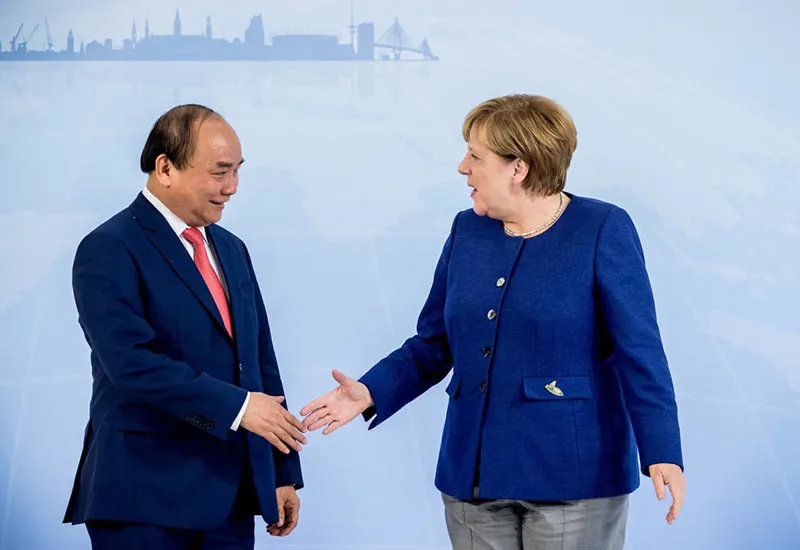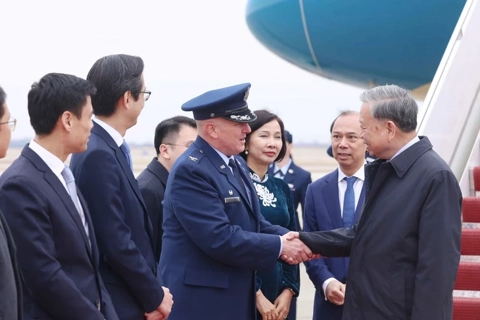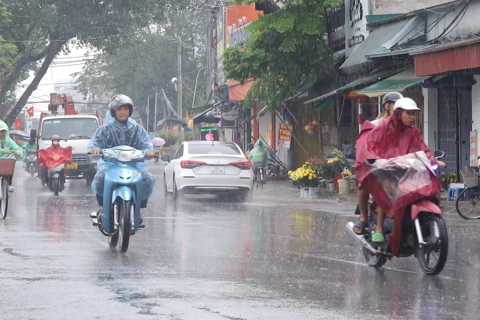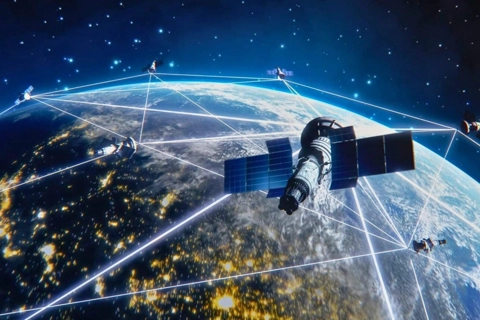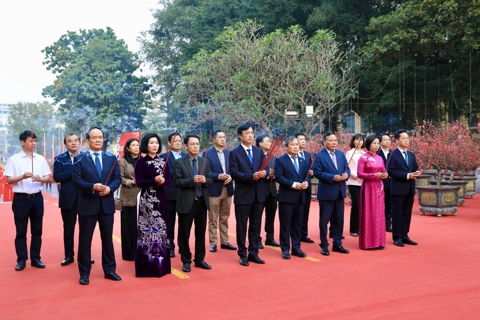Berlin asks Vietnam to bridge German with Indo-Pacific
Germany takes Vietnam as an example in the rise of Asia for Berlin’s Indo-Pacific strategy highlighted recently.
Germany has said that it wants Vietnam to promote its role as a bridge linking Germany and the Indo-Pacific region where Berlin plans to increase its presence in the upcoming time.
| German Chancellor Angela Merkel and Vietnamese Prime Minister Nguyen Xuan Phuc ahead of the G20 Summit in Hamburg, Germany, July 6, 2017. Photo: Michael Kappeler/dpa via AFP |
The affirmation was made during a telephone conversation between Vietnam’s Prime Minister Nguyen Xuan Phuc and Chancellor of Germany Angela Merkel, in which the German government leader highlighted the importance of the Indo-Pacific in shaping of the international order in the 21st century.
The phone talk was held on September 15 on the occasion of the 45th anniversary of the bilateral ties.
In early September, Germany released “Germany – Europe – Asia: shaping the 21st century together”: The German government adopts policy guidelines on the Indo-Pacific region in which it emphasizes the increasing importance of the Indo-Pacific both economically and politically where it takes Vietnam as an example of the rise of Asia.
It views the shifting geopolitical power structures in the Indo-Pacific also have direct impacts on Germany.
As such, the economies of the European and Indo-Pacific regions are closely connected through global supply chains. Major trading routes pass through the Indian Ocean, South China Sea, and the Pacific.
German Foreign Minister Heiko Maas commented: “Our prosperity and our geopolitical influence in the coming decades will depend on how we work together with the countries of the Indo-Pacific region. That, more than anywhere else, is where the shape of the international rules-based order of tomorrow will be decided. We want to help shape that order – so that it is based on rules and international cooperation, not on the law of the strong.”
In the phone talk, the two government leaders discussed the improvement in the bilateral ties that cover different fields regardless of politics and economics.
PM Phuc suggested more German investment be made in Vietnam’s key industries like machinery, supporting industries, smart infrastructure, renewable energy, vocational training, and labor export.
Currently, Germany is Vietnam’s leading trade partner in the European Union and a traditional market and hub for Vietnamese main staples to the EU (accounting for 20% of Vietnam’s exports to the EU), according to Bui Vuong Anh, counsellor of trade, the Embassy of Vietnam to Germany.
In 2019, the two-way trade is US$15 billion.


